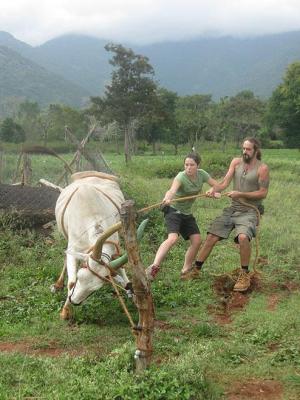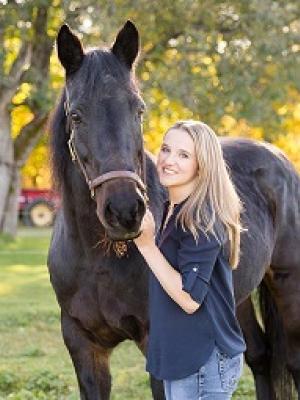Veterinary medicine is first and foremost a scientific discipline, but wherever possible the science will be presented in the context of its clinical relevance, so you have a clear understanding of where it all leads.
We offer an integrated programme of study where you will be taught about large animals, small companion animals, exotics and wildlife. This style of degree allows you to broaden your understanding of different species, diversifies your career prospects and provides you with a level of flexibility to specialise at a later stage if you wish.
Our programme offers a wide range of stimulating teaching and learning methods designed to equip you with the confidence and skills for a fulfilling career in veterinary medicine. You will be taught by some of the UK’s most prominent veterinary scientists in an environment of cutting-edge veterinary research.
BVM&S 5-year programme information
Option of an intercalated degree
If you have a special interest, there are opportunities available to you at the end of your 2nd, 3rd or 4th year to temporarily pause your undergraduate studies for a year to pursue an intercalated BSc (Hons) Veterinary Science degree.
You can also take one year of advanced study in a subject such as:
- biochemistry
- infectious diseases
- neuroscience
- zoology
With permission, you may attend intercalated degree courses at other UK universities or veterinary colleges, or in other parts of the University of Edinburgh. You will then return to the Veterinary Medicine programme at Year 3 to complete your BVM&S.
Exceptional candidates may also have the opportunity to study a one-year research MSc or an intercalated three-year PhD.
After Year 3 of the BVM&S (or if you already hold a BSc), you can enrol on one of our prestigious, taught MSc programmes in:



